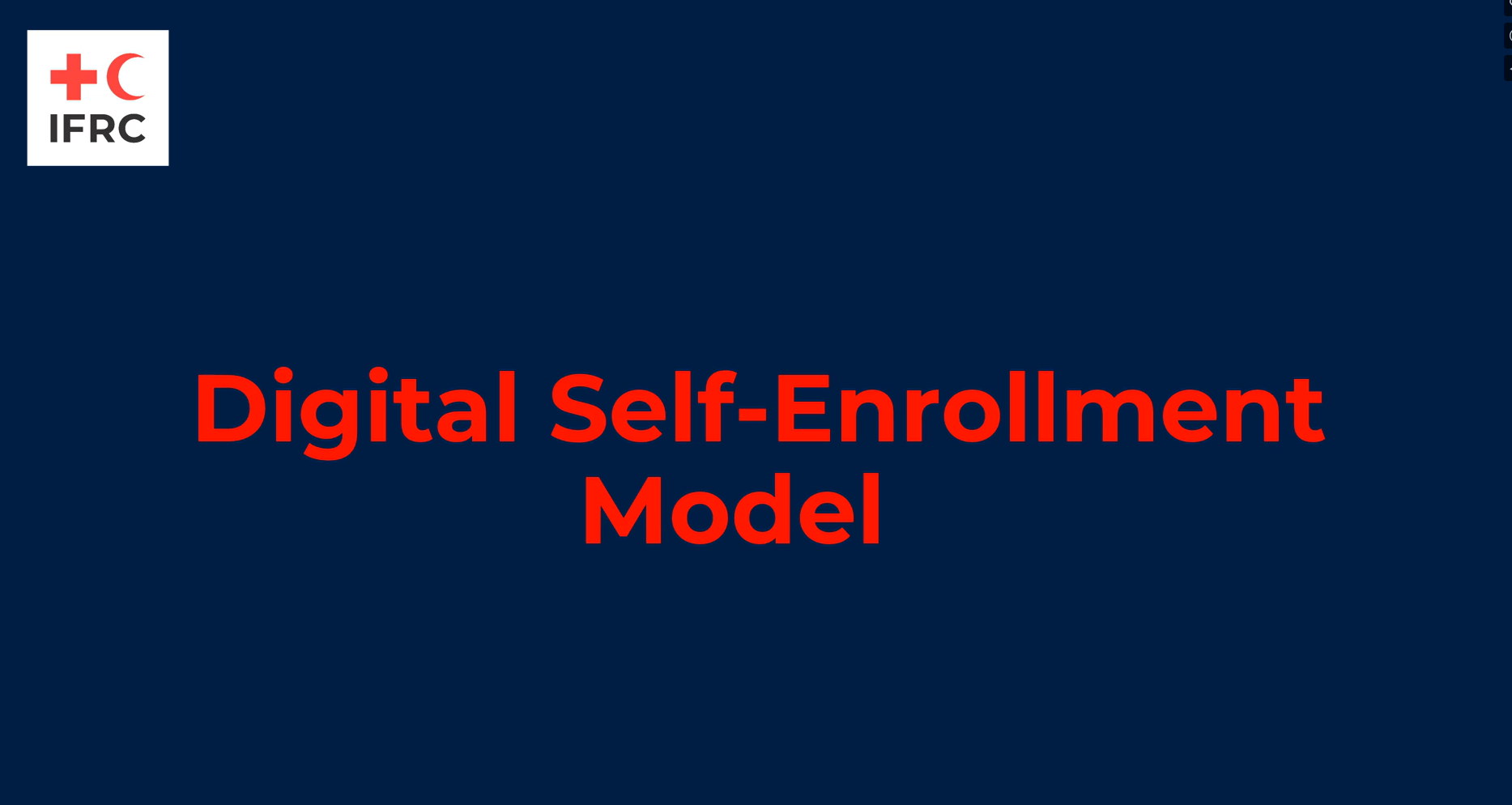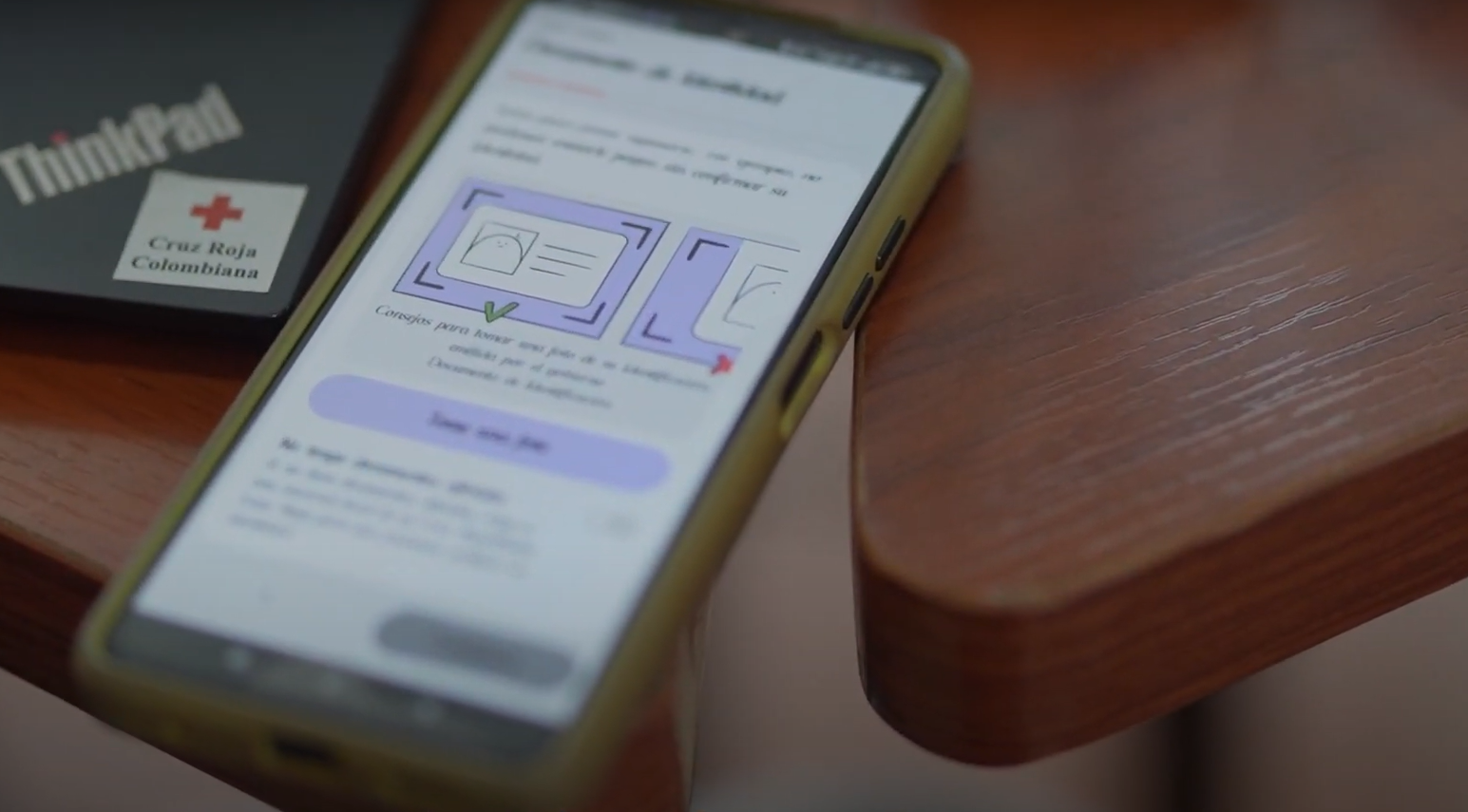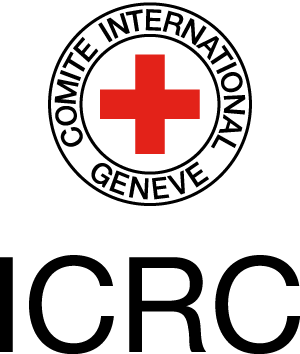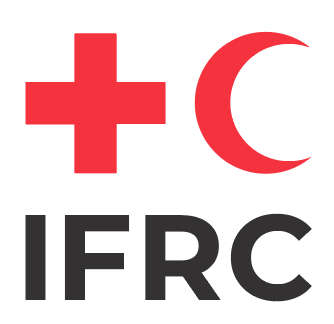Resources
Information Management and Technology
With CVA becoming the preferred choice for National Societies, the need for robust Information Management to deliver CVA effectively is crucial. Cash technology further innovates CVA and can significantly streamline CVA implementation in the future. Browse resources below to find out more.
Cash Information Management
Cash Information Management (IM) seeks to enable efficient and transparent cash assistance programming through support to operational data collection, analysis, documentation and reporting activities. Explore this page for detailed information on Cash IM support services, competencies, templates and more.
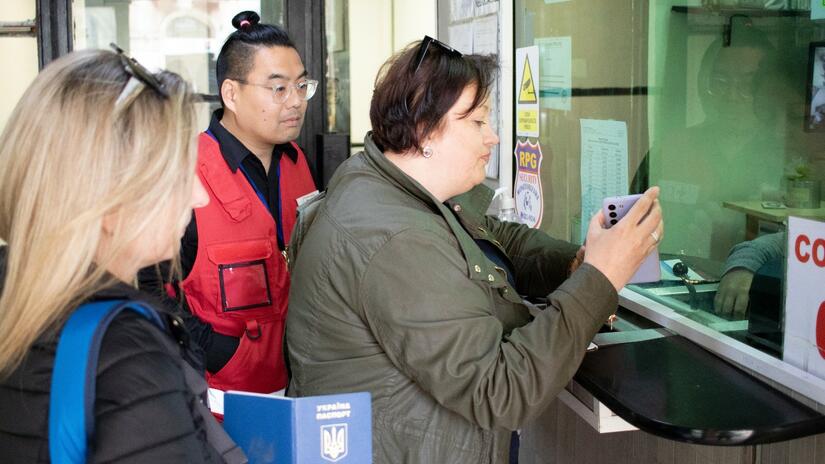
Key resources
AccessRC – Digital Self-Enrolment
The AccessRC app is a self-registration app designed by the IFRC. The app delivers integrated data collection, automated verification process, segregation of duties and fraud prevention tools, data analysis, diverse payment options with global financial service providers, and an interface to communicate with service recipients.
The objective of the AccessRC app project is for the digital enrolment model to become a standard option that can be applied in a variety of contexts globally alongside in-person models and further integration into local systems where feasible, to ensure that National Societies can better engage and support vulnerable people pre- and post-crisis, across borders and program services and that humanitarian assistance is distributed more effectively.
Check out the walk-through video and access other resources below.
Digital technology
Digital technology has the potential to transform the way in which cash programmes operate. Mobile payment platforms are already demonstrating how new technologies can have a great impact on efficiencies and convenience for people receiving cash assistance. This is just one example of the potential for the use of technology in this sector.
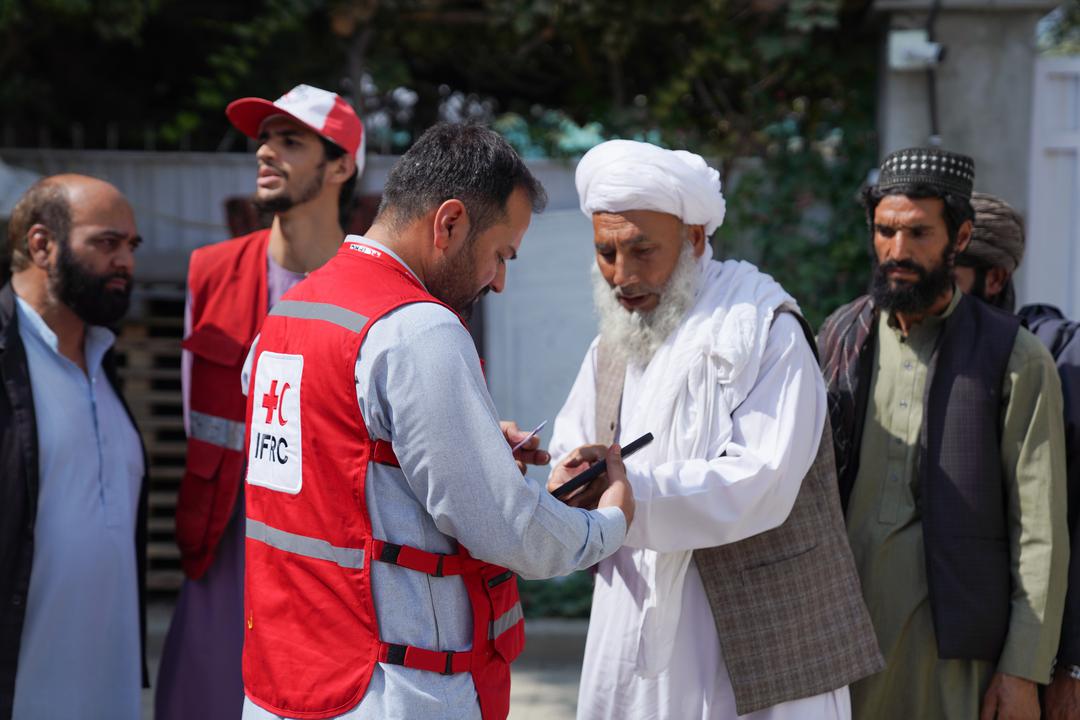
Key resources
29 December 2021
Next Level Integration with Financial Service Providers in Kenya and the Netherlands
Type:
Case studyOrganization:
510This case study gives an overview of integrating cash distribution with financial service providers (FSPs) using the 121 platform, a CVA program management tool through examples of two pilots projects led by 510, the data and digital initiative of the Netherlands Red Cross (NLRC).
22 November 2021
Digitisation of the CVA programme in Botswana – Remote Cash IM in practice
Type:
Case studyOrganization:
510This case study explores how Botswana Red Cross Society (BRCS) and 510 (the data and digital initiative of the Netherlands Red cross) worked together on aspects related to cash and voucher assistance and information management, in order to improve the use of data and digital tools while facing travel restrictions and social distancing.
17 November 2021
Cash Hub Webinar Questions and Answers 17th November 2021
Type:
LearningOrganization:
510, Botswana Red Cross, Netherlands Red CrossResponses to questions raised in the Cash Hub Webinar on CVA and Digital Tools for Information Management held on the 17th November 2021
17 November 2021
Cash Hub Webinar Summary Points 17th November 2021
Type:
LearningOrganization:
510, Botswana Red Cross, Netherlands Red CrossWritten summary of the 17th November 2021 Cash Hub Webinar on CVA and Digital Tools for Information Management
25 October 2021
Cash & Voucher Assistance at Scale: Integrating Systems in St. Maarten & Aruba
Type:
Case studyOrganization:
510This case study gives an overview of digital systems used to scale up a cash distribution in St. Maarten and Aruba serving over 40.000 people. It highlights the systems used, the challenges faced, and the lessons learned as well as how to request support for cash information management projects.
15 October 2021
Humanitarian Digital Identities and DIGID Project in Kenya (webinar recording)
Type:
LearningOrganization:
IFRC, Kenya Red Cross SocietyAs we move towards more digital solutions for CVA, people who do not have a legally recognised ID are often left out of humanitarian assistance programs because they do not meet the minimum requirements by financial service providers. Digital identities present a possible solution to ensuring inclusivity of those most marginalised.
Page 8 of 11
In partnership with:

